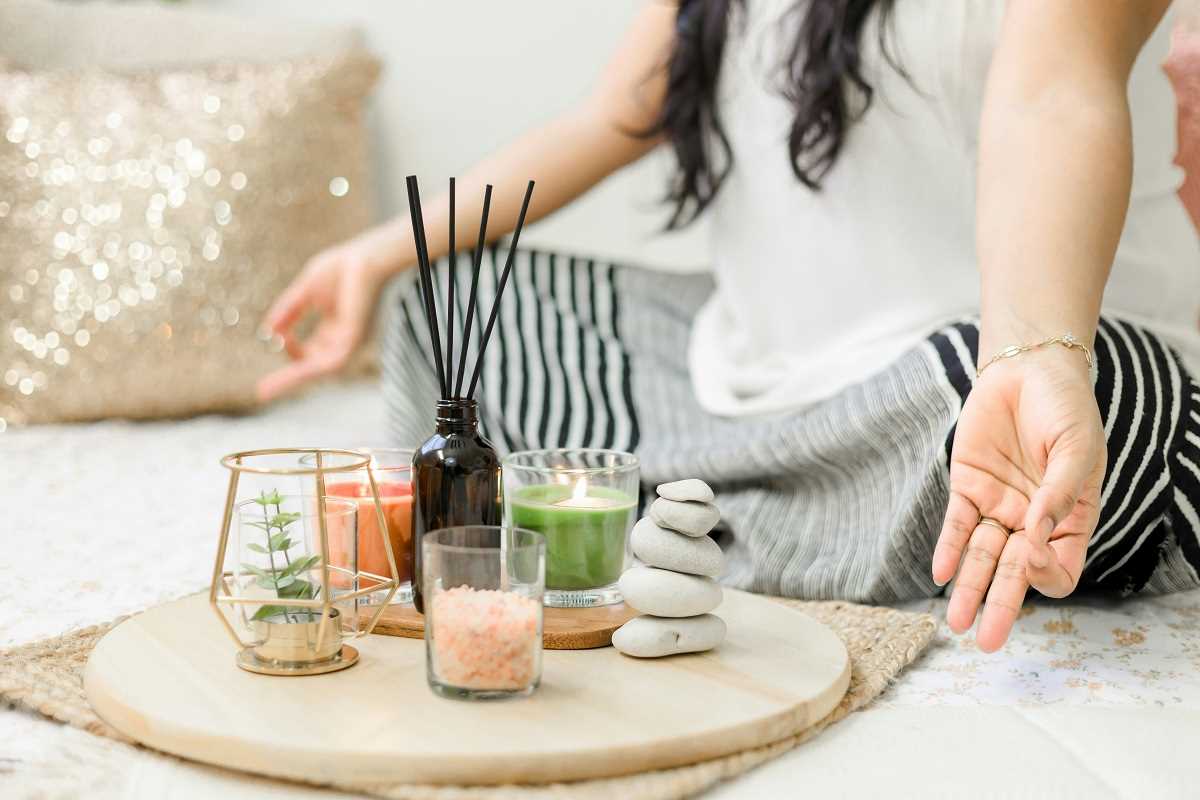Taking care of yourself isn’t just a luxury; it’s an essential part of a balanced, healthy life. A self-care routine allows you to recharge, reduce stress, and maintain both physical and mental well-being. But building a self-care routine that truly sticks can often feel like a challenge, especially if you’re juggling a busy schedule. The good news? With a thoughtful approach and some simple strategies, you can create a sustainable routine that works for you.
Here’s how to get started.
1. Identify Your Personal Needs
The first step to building a self-care routine is understanding your unique needs. Self-care isn’t one-size-fits-all, so take a moment to reflect on what areas of life feel most demanding or neglected.
- Are you feeling physically drained? Incorporate activities that replenish your energy, like a short walk or a good night’s sleep.
- Struggling with anxiety? Explore practices like mindfulness, journaling, or quiet time to calm your mind.
- Lacking joy or connection? Consider dedicating time to hobbies you love or scheduling catch-ups with friends.
Write down the areas you’d like to focus on. Knowing what you need will help you lay a strong foundation for your routine.
2. Set Realistic Goals
When it comes to self-care, it’s easy to overcommit and then burn out. Instead of aiming for major life changes all at once, focus on setting small, achievable goals.
For example:
- Rather than committing to an hour-long workout every day, aim to stretch for 10 minutes in the morning.
- Start with 5 minutes of meditation rather than attempting a 30-minute session right away.
- Reserve one evening a week to relax instead of reshuffling your entire calendar.
Approaching self-care with manageable steps helps prevent overwhelm and increases the likelihood that you’ll stick with your routine.
3. Incorporate Small Daily Habits
Self-care doesn’t require an extravagant effort. Adding small, consistent actions into your day can make a big impact over time. These habits can seamlessly fit into your existing routine.
Try these ideas:
- Wake Up Gently: Spend a few minutes stretching as soon as you wake up to set a calming tone for the day.
- Hydrate First Thing: Start your morning by drinking a glass of water to refresh your body.
- Go Tech-Free: Set aside 10-15 minutes each day to unplug from screens and recharge your mind.
- Gratitude Practice: Each night before bed, jot down three things you’re grateful for.
These small changes compound over time and help you round out your busy days with moments of care and intention.
4. Designate Time for Self-Care
The truth is, we often don’t “find” time for self-care—we make time for it. Treat self-care like an appointment by scheduling it into your calendar.
- Start small: Block off 10-15 minutes each day to focus on yourself. It could be during your lunch break, after work, or even just before bed.
- Be intentional: Protect this time as non-negotiable. It’s your chance to recharge, reflect, or relax however you see fit.
- Experiment: If mornings don’t work for you, try evenings. If daily self-care feels daunting, commit to weekly sessions instead.
Carving out dedicated time, no matter how brief, ensures you prioritize your well-being amidst life’s demands.
5. Track Your Progress
Building a sticking routine means regularly assessing what works and what doesn’t. Keep track of your self-care habits to identify patterns or gaps.
- Use a journal: Write a quick entry at the end of the day detailing your self-care activities and how they made you feel.
- Try a habit tracker: Visual tools like apps or printables can help you stay motivated as you see your progress over time.
- Reflect: Ask yourself, “What’s been easy to stick with? What feels like a struggle?” Adjust your routine as needed to ensure it aligns with your needs.
Tracking your progress adds accountability and helps you stay focused on building habits that benefit your well-being.
6. Be Kind to Yourself
It’s important to set your self-care routine up for success by ditching the notion of perfection. Missing a day or slipping into old habits doesn’t mean you’ve failed. It’s part of the process.
- Stay flexible: Life happens, and some days your routine may need to adapt. That’s okay.
- Practice self-compassion: Treat yourself with the same support and understanding you’d offer a friend.
- Celebrate wins: No matter how big or small, acknowledge your efforts and progress. Whether it’s drinking more water or going for a walk, these steps matter.
A self-care routine is a long-term investment in yourself. Building it takes patience, but it’s worth it.
7. Stay Motivated
Lastly, keeping your routine exciting and engaging can go a long way in helping it last.
- Switch it up: Rotate self-care activities to keep things fresh. Try a new yoga flow, experiment with recipes, or take a different walking route.
- Find a buddy: Share your routine with a friend who can hold you accountable, or join a community that shares your interests.
- Reflect on benefits: Take note of how your self-care routine improves your mood, energy, or stress levels. Seeing these positive changes can inspire you to keep going.
Building a self-care routine that sticks is all about creating habits that align with your needs and lifestyle. Start small, stay consistent, and give yourself grace along the way. By making self-care a regular part of your day, you’re giving yourself the best chance to thrive physically, mentally, and emotionally.
 (Image via
(Image via





